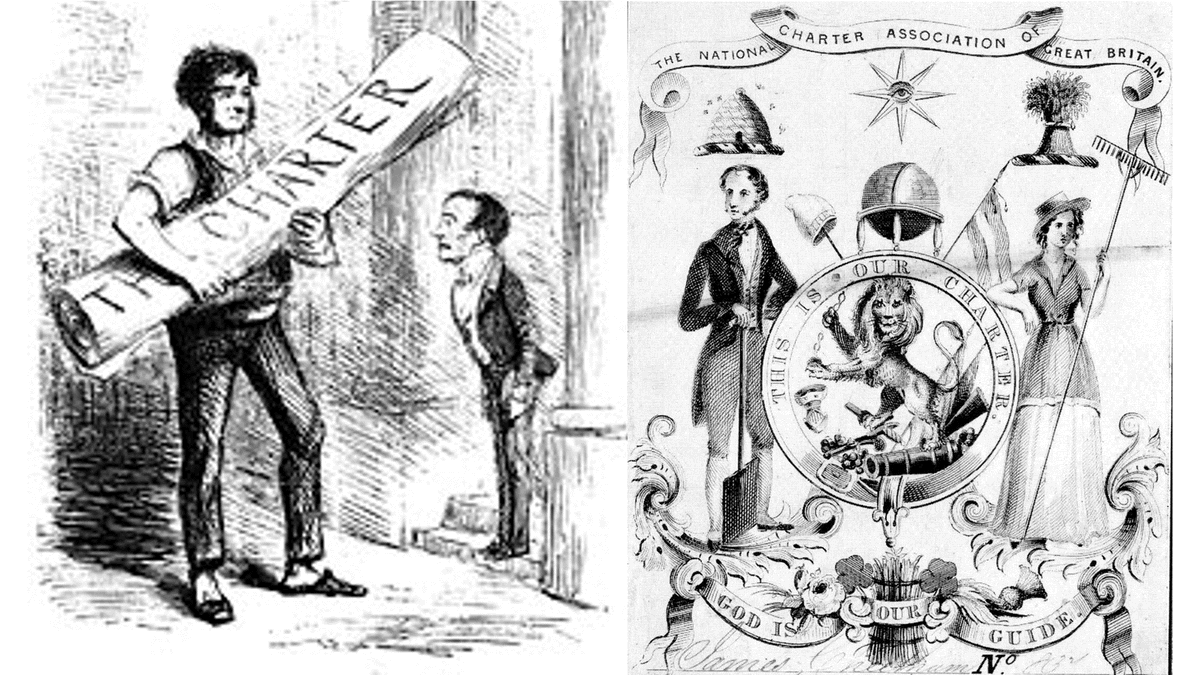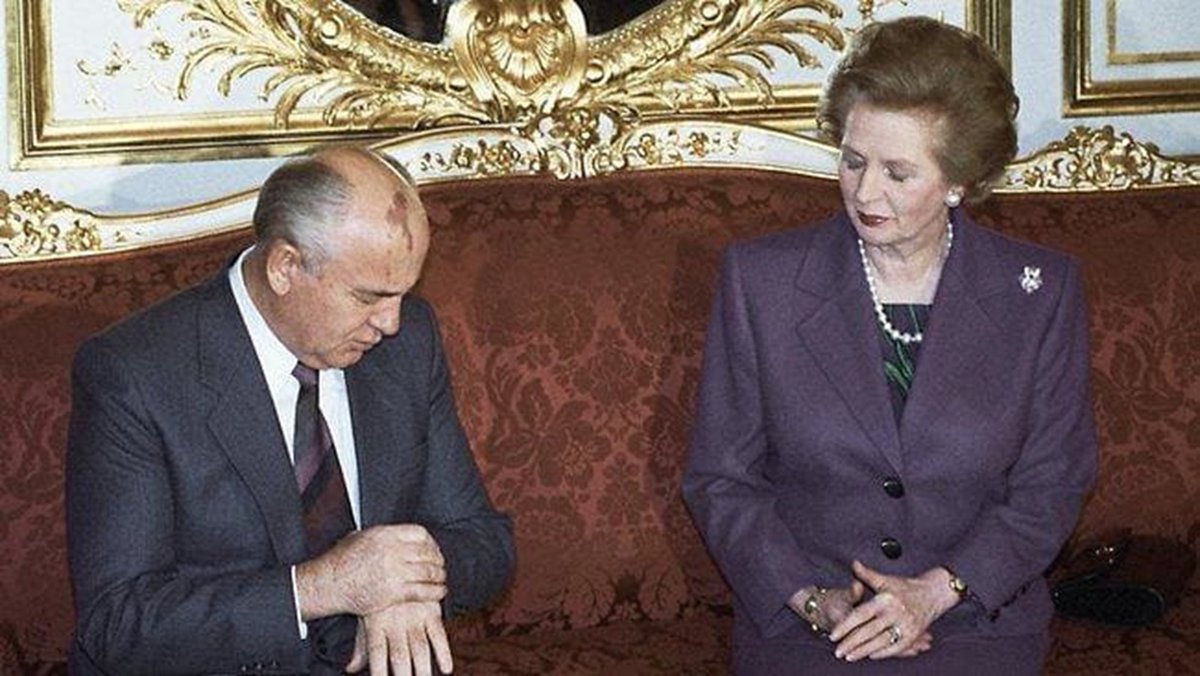
Author of "Yes to Europe! The 1975 Referendum & Seventies Britain". "A jaw-dislocating page turner"(Andrew Marr). Co-director @MileEndInst, Reader @QMHistory
35 subscribers
How to get URL link on X (Twitter) App



 1. If you had told Mr Gladstone that "the economy has grown this year", he would not have understood what you meant.
1. If you had told Mr Gladstone that "the economy has grown this year", he would not have understood what you meant.

https://twitter.com/RhonddaBryant/status/16566820879850577961. SIs are a form of "secondary legislation": law made directly by ministers, rather than by passing a bill through Parliament.


https://twitter.com/lewis_goodall/status/1666357122462806017@lewis_goodall 1. The case for televising Parliament is that voters should know what their elected representatives are saying and doing in their name, so that we can hold them to account at the ballot box.

https://twitter.com/davidtorrance/status/16324566199077724222. For a Conservative example, here's Stanley Baldwin addressing the House of Commons in November 1932:






 Talk of "evolution" underplays the repeated, disruptive change that shaped the constitution, as if it happened without active human agency.
Talk of "evolution" underplays the repeated, disruptive change that shaped the constitution, as if it happened without active human agency.

https://twitter.com/lewis_goodall/status/1592208294684557312Ministers refused to extend the "scrutiny period", so the Select Committe could report.



https://twitter.com/rachaelvenables/status/1590238173556133888There have been too many stories like this of late. See also:

 Ever since the reform acts of 1867 and 1884, MPs had feared that working-class voters would turn to their own working-class party.
Ever since the reform acts of 1867 and 1884, MPs had feared that working-class voters would turn to their own working-class party.


https://twitter.com/benrileysmith/status/15817351500394946562. Either a PM has a personal mandate from the electorate, or their mandate comes from Parliament.

 Thatcher hoped that Gorbachev would be an ally in slowing the reunification of Germany, a course that he wisely declined to follow.
Thatcher hoped that Gorbachev would be an ally in slowing the reunification of Germany, a course that he wisely declined to follow.

https://twitter.com/DavidGHFrost/status/1561432355113521152(Apologies for the delay: I wrote the first tweet and the internet connection promptly went down. I'm now ensconced in a nearby cafe, so let's try again...)